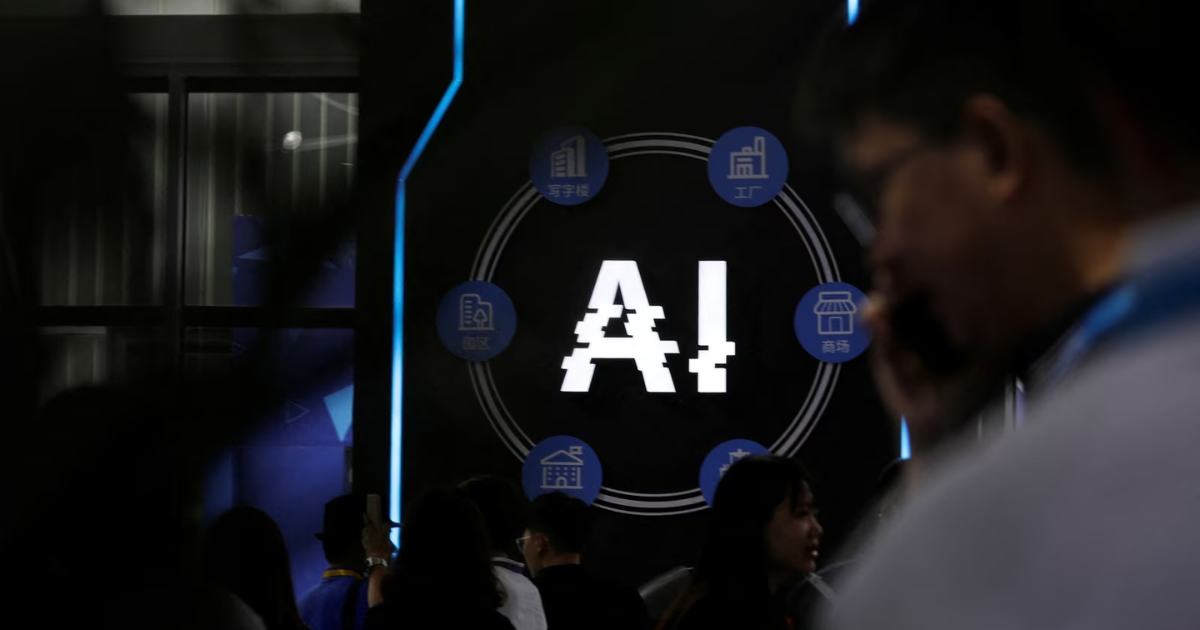The Indian government has announced its plans to regulate artificial intelligence (AI) in order to safeguard “digital citizens” from potential harm, according to Minister of State for Electronics and Information Technology, Rajeev Chandrasekhar. The statement comes amidst the global surge of AI, particularly with the emergence of generative AI products like ChatGPT, leading to calls for the regulation of this technology.
During a press conference on the achievements of the government’s “Digital India” campaign over the past nine years, Chandrasekhar stated, “We will regulate AI as we will regulate Web3 or any emerging technologies to ensure that these technologies don’t harm digital citizens.”
The rapid advancement of AI has sparked debates and discussions on its impact on employment worldwide. Regarding this matter, the minister expressed his belief that AI becoming intelligent enough to replace jobs is a remote possibility, at least within the next five to ten years. He noted that AI is currently more task-oriented and contributes to enhancing efficiency. Most jobs, however, require logic and reasoning, which AI has not yet mastered. Nevertheless, he did not rule out the potential for AI to acquire capabilities in logic and reasoning in the future.
These comments followed a meeting between Sam Altman, CEO of OpenAI, the organization behind the generative AI-powered chatbot ChatGPT, and Prime Minister Narendra Modi. Altman shared that during their discussion, they explored the opportunities presented by AI for India and the importance of considering global regulations for the technology.
Altman described the Prime Minister as enthusiastic and knowledgeable about AI and its benefits. He also mentioned the widespread adoption of ChatGPT in India and praised the country’s early embrace of the technology.
Altman, in a recent statement, referred to AI as an existential risk and called for global leaders to collaborate on regulating the rapidly expanding field. However, he suggested that regulations should primarily apply to major players in the ecosystem, such as Google and OpenAI, while smaller companies should be exempt.
In response to a question, Altman expressed his interest in investing in Indian startups, highlighting his discussions with Indian founders. Meanwhile, OpenAI has expanded the availability of ChatGPT for Indian iOS users and over 30 other countries.
It’s worth noting that Minister of State Chandrasekhar recently revealed that the Indian government has initiated internal consultations on principles and guidelines for the use of AI in language learning models.



![[CITYPNG.COM]White Google Play PlayStore Logo – 1500×1500](https://startupnews.fyi/wp-content/uploads/2025/08/CITYPNG.COMWhite-Google-Play-PlayStore-Logo-1500x1500-1-630x630.png)